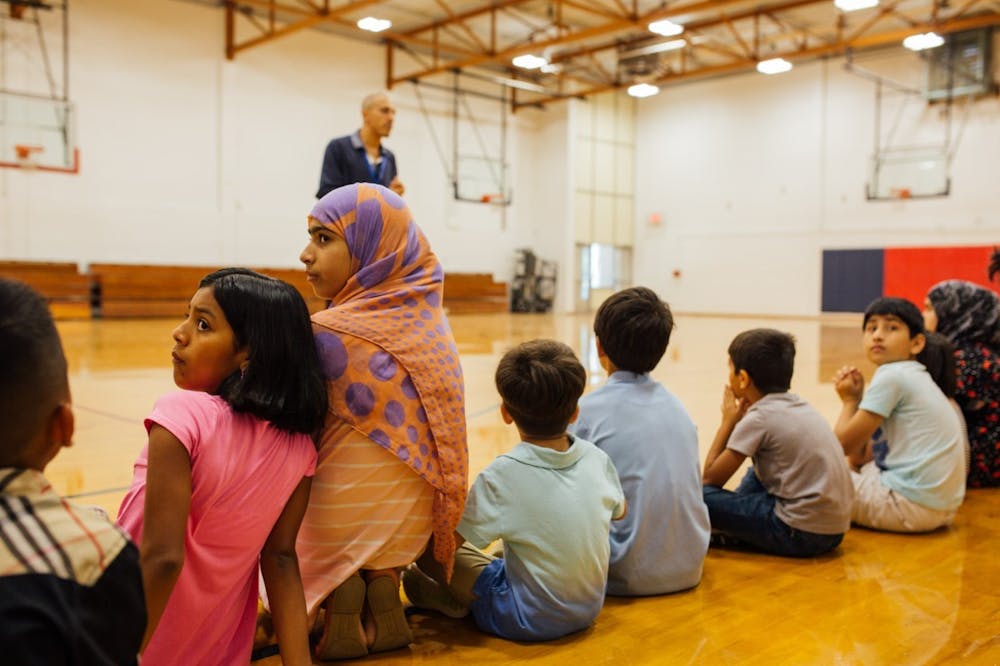Coronavirus has forced many families to alter their ways of life. Although COVID-19 has impacted almost every Orange County resident, a group that has been especially devastated is the local refugee community.
Refugees can already be a vulnerable population without something like the coronavirus, said Flicka Bateman, director of the Refugee Support Center, a volunteer-based organization that helps transition refugees in Orange County to their new lives.
“I know people who’ve been here less than three weeks, I can’t imagine what in the world for them it must be like," she said. "They’re totally uprooted, they’ve left situations that were full of violence and uncertainty, and then they come here and instead of being able to learn English and get all these services, suddenly they’re told to stay where they are and people will do the best they can remotely. It’s just very tough.”
Orange County has about 1,200 refugees, primarily from Burma, the Democratic Republic of the Congo and Syria. Bateman said a lot of refugees in the area have lost their jobs or seen reduced hours, especially those who work in restaurants or hotels, or in food service and housekeeping at UNC, where dorms have been closed and dining services have been severely reduced.
“They already are living right at the poverty line or below,” she said. “There’s no cushion to fall back on for them.”
Adam Clark, office director of World Relief Durham, a refugee resettlement agency based in Durham that serves refugees across the Triangle area, said programs that help refugees with employment have seen a spike in applications due to a greater amount of people needing sudden job assistance.
He said they've seen about 20-30 unemployment applications among refugees just in the last week, and a long list of people are already waiting.
“There are a lot of refugees worried about their rent, obviously the same things that are affecting everyone,” he said. “But I think it just affects them even more because of the sectors they work in.”
Hannah Olmstead, a junior at UNC who is a part-time caseworker at World Relief Durham, said as local school districts transition to online instruction, many refugee parents don't have the English ability or understanding of American education to homeschool their children.



